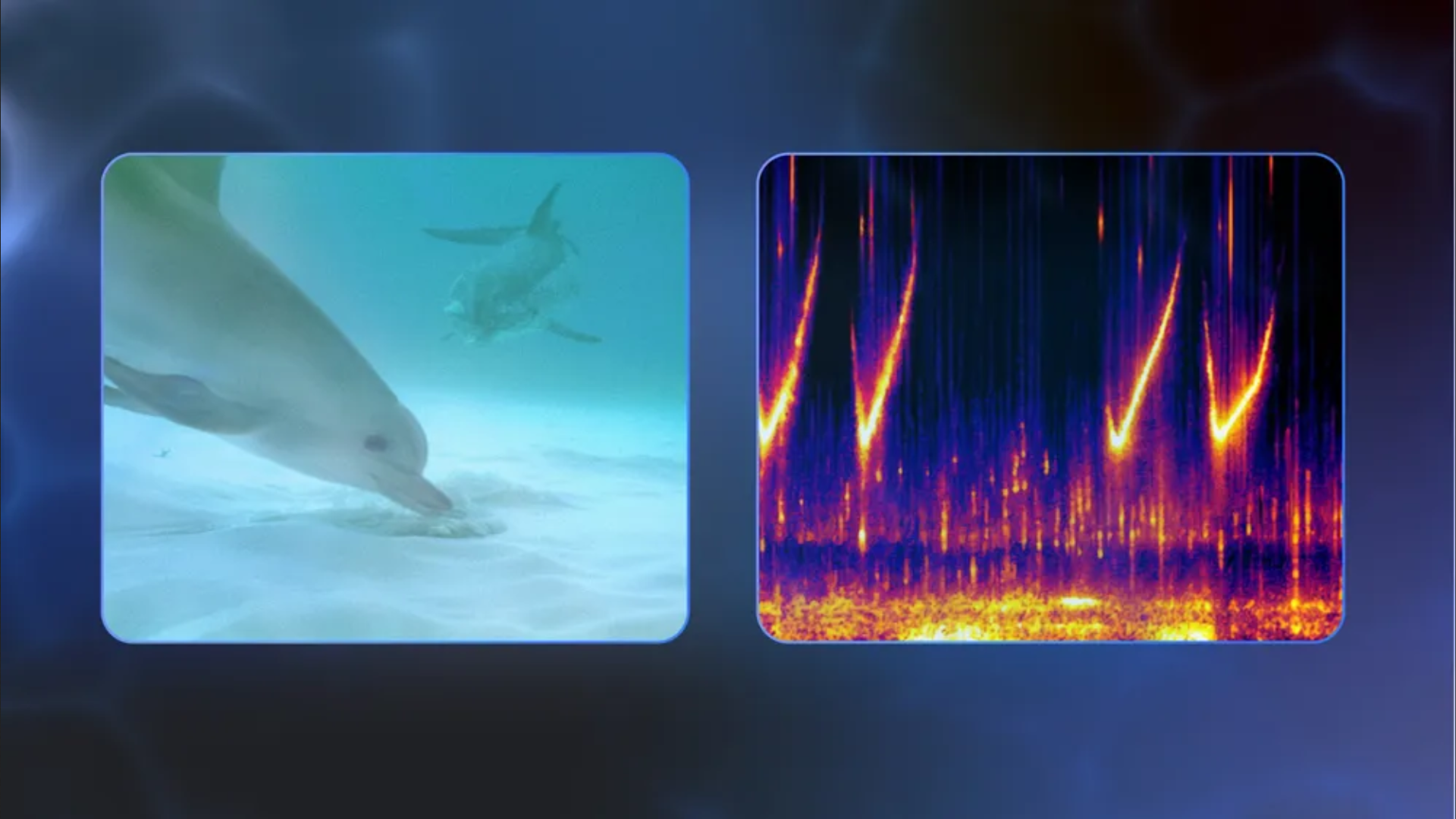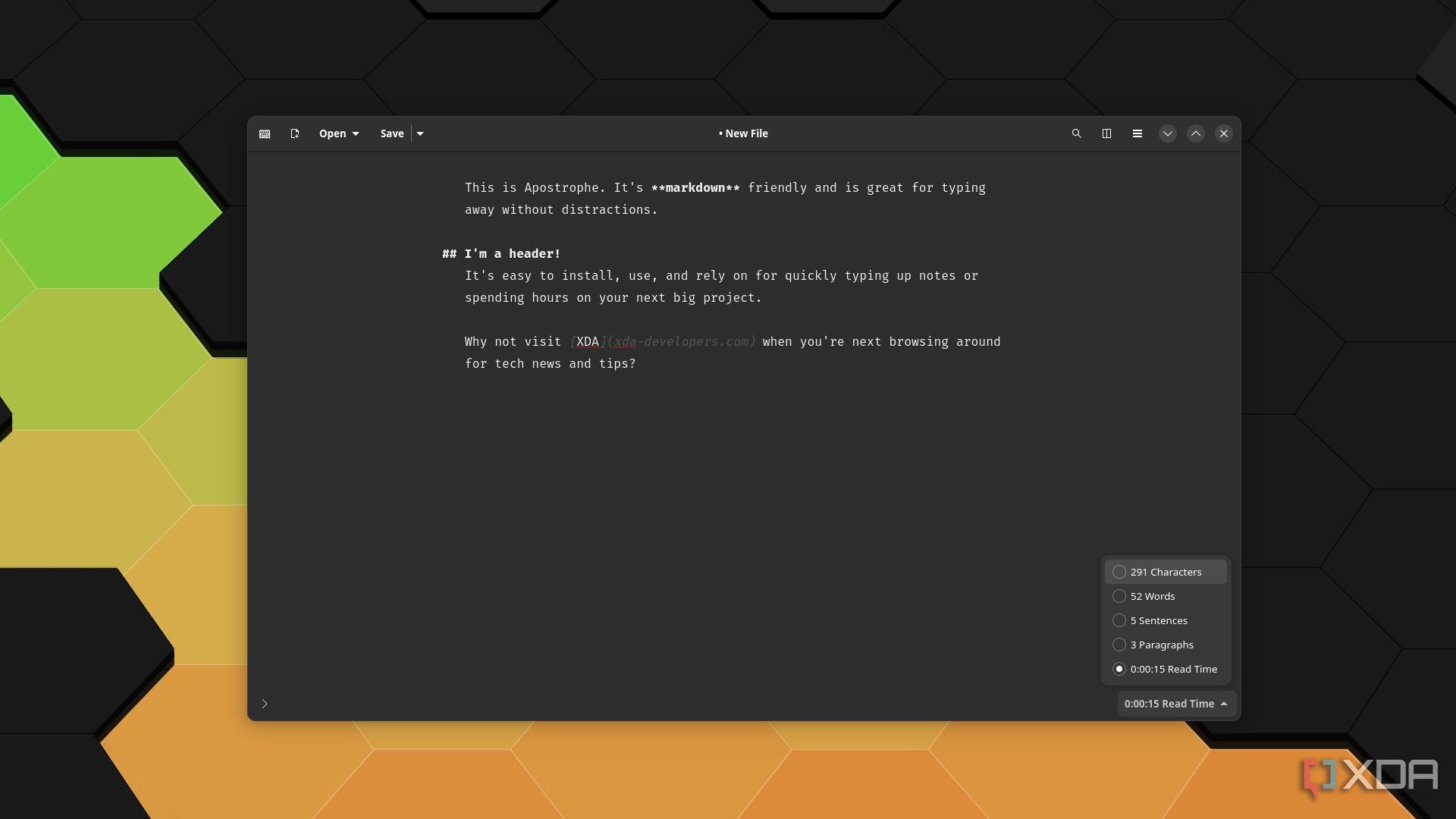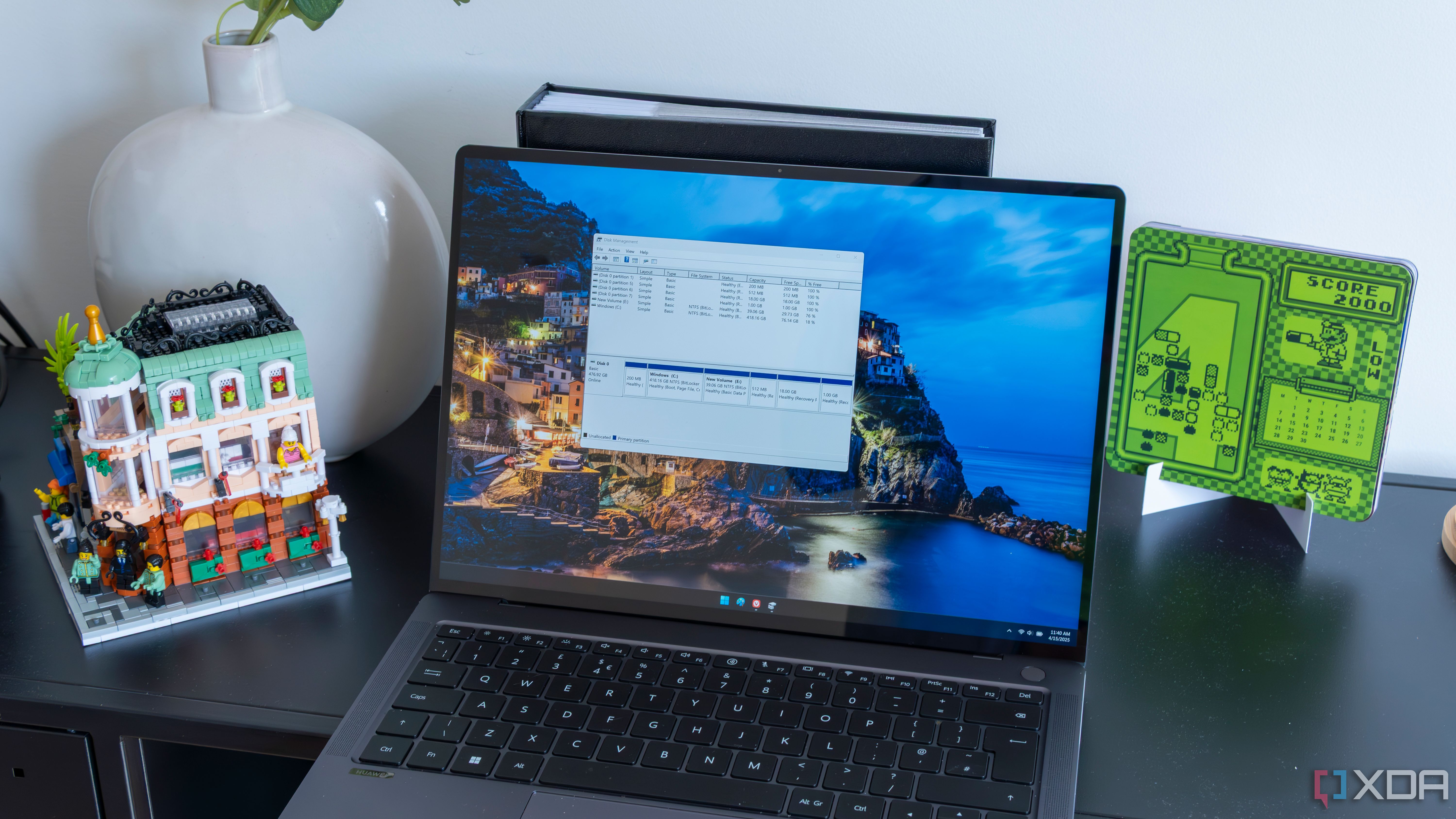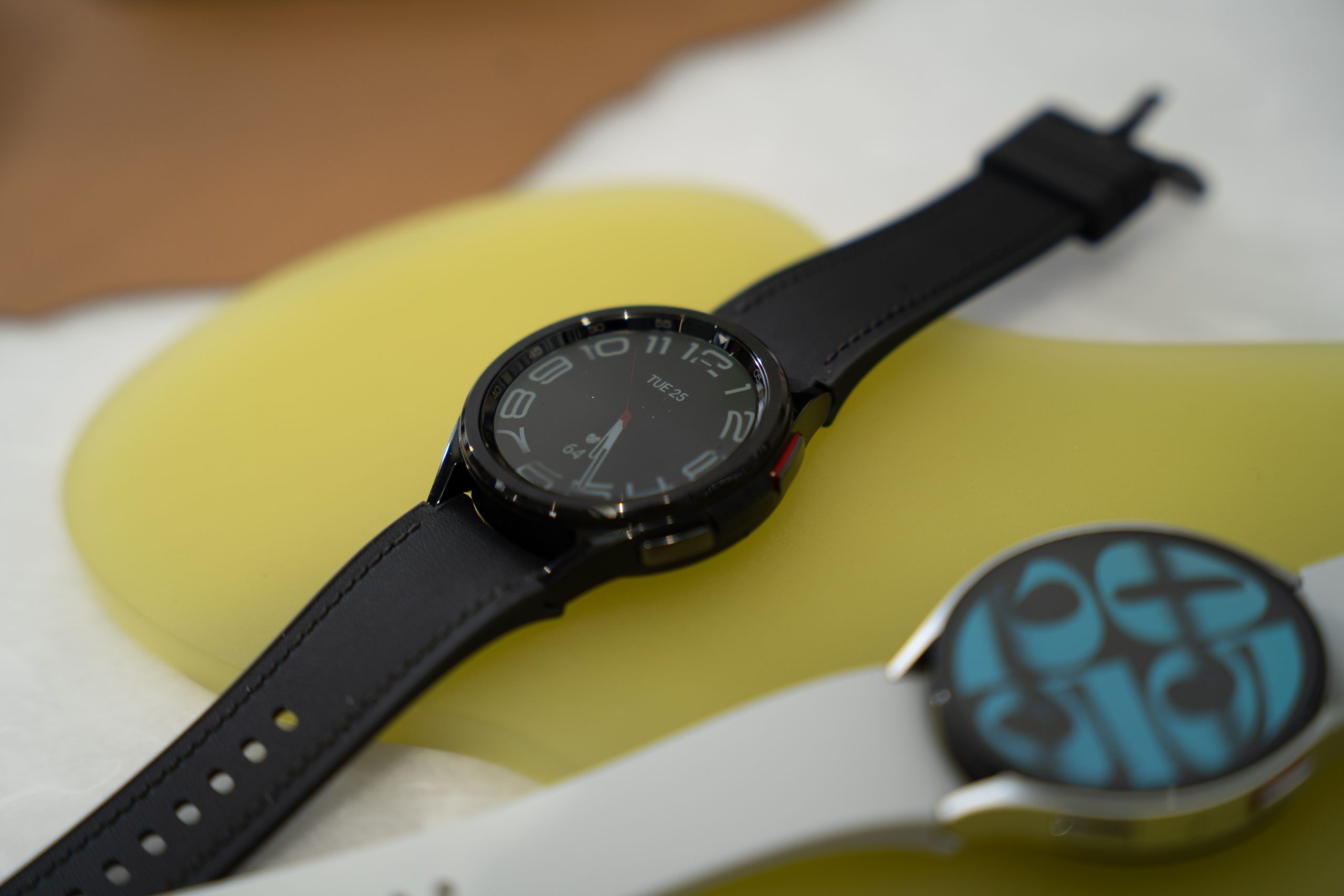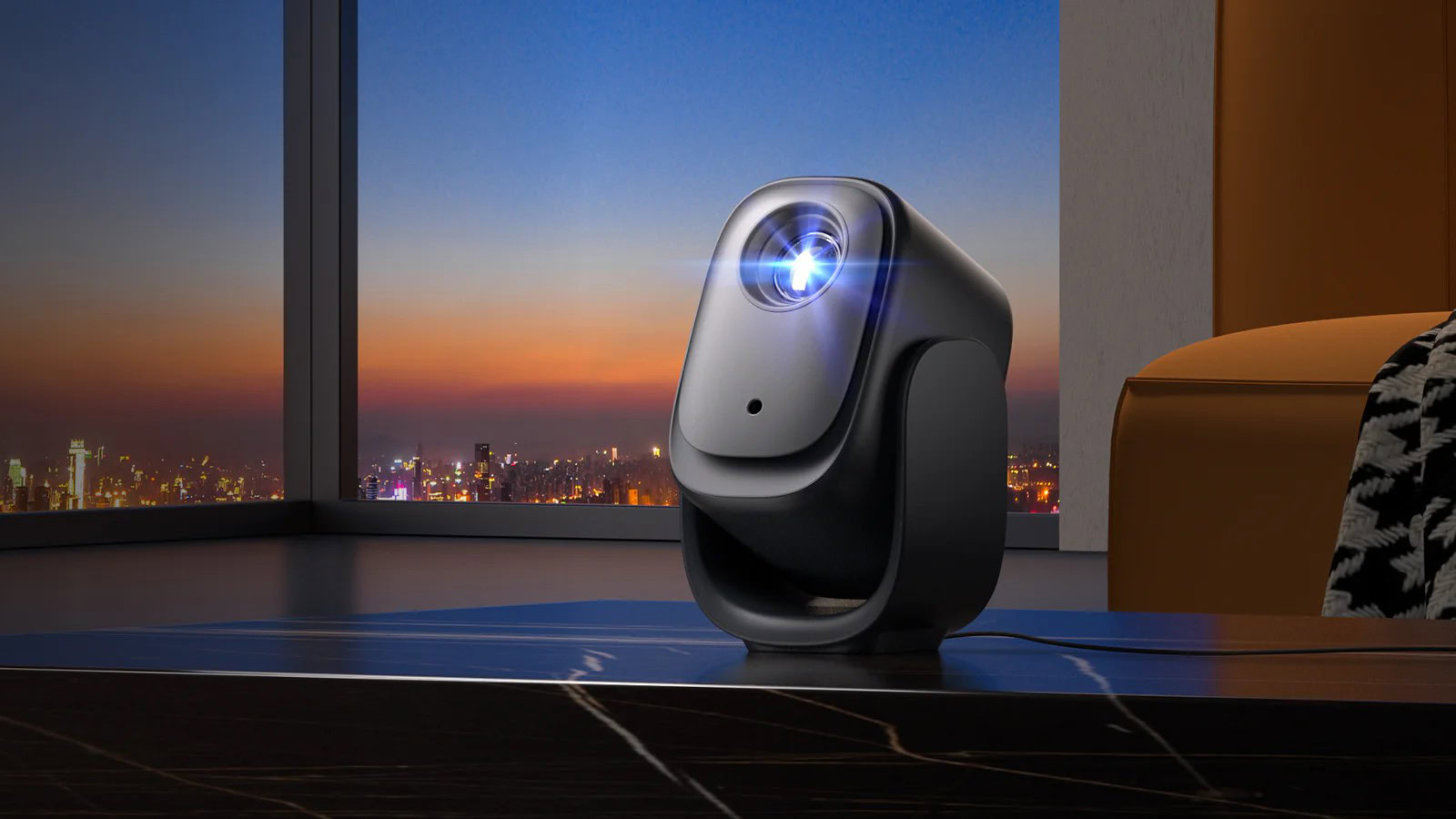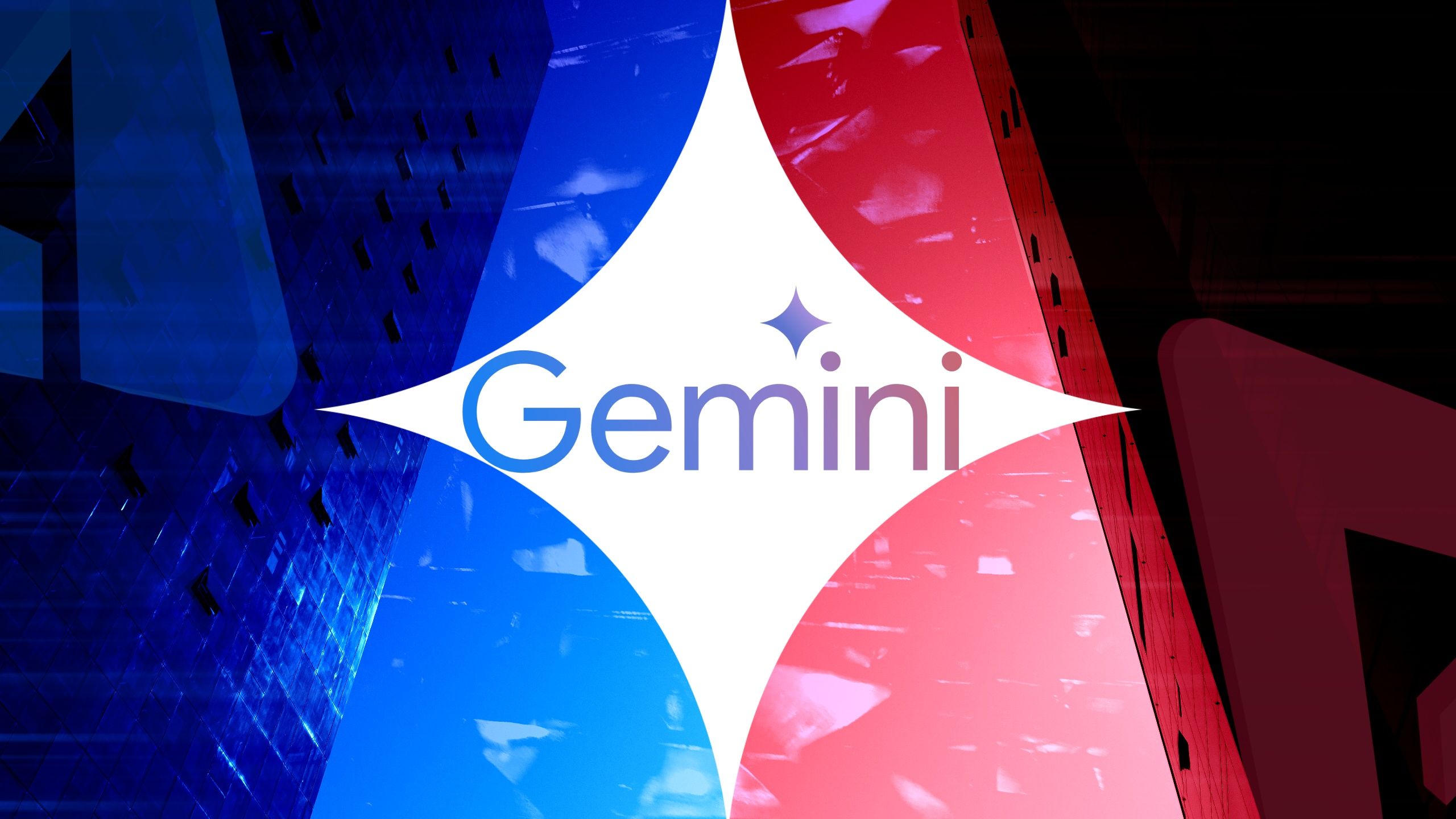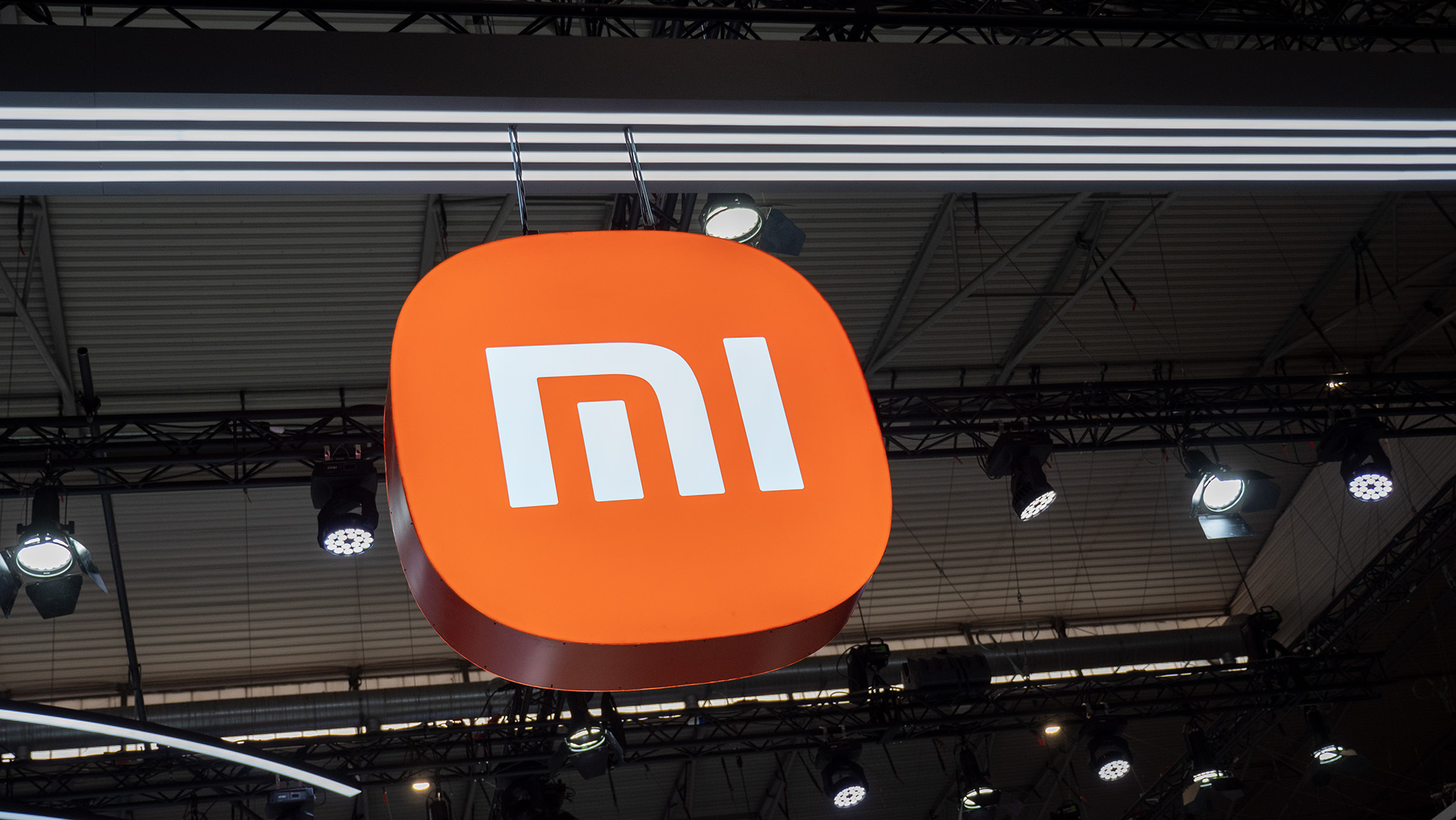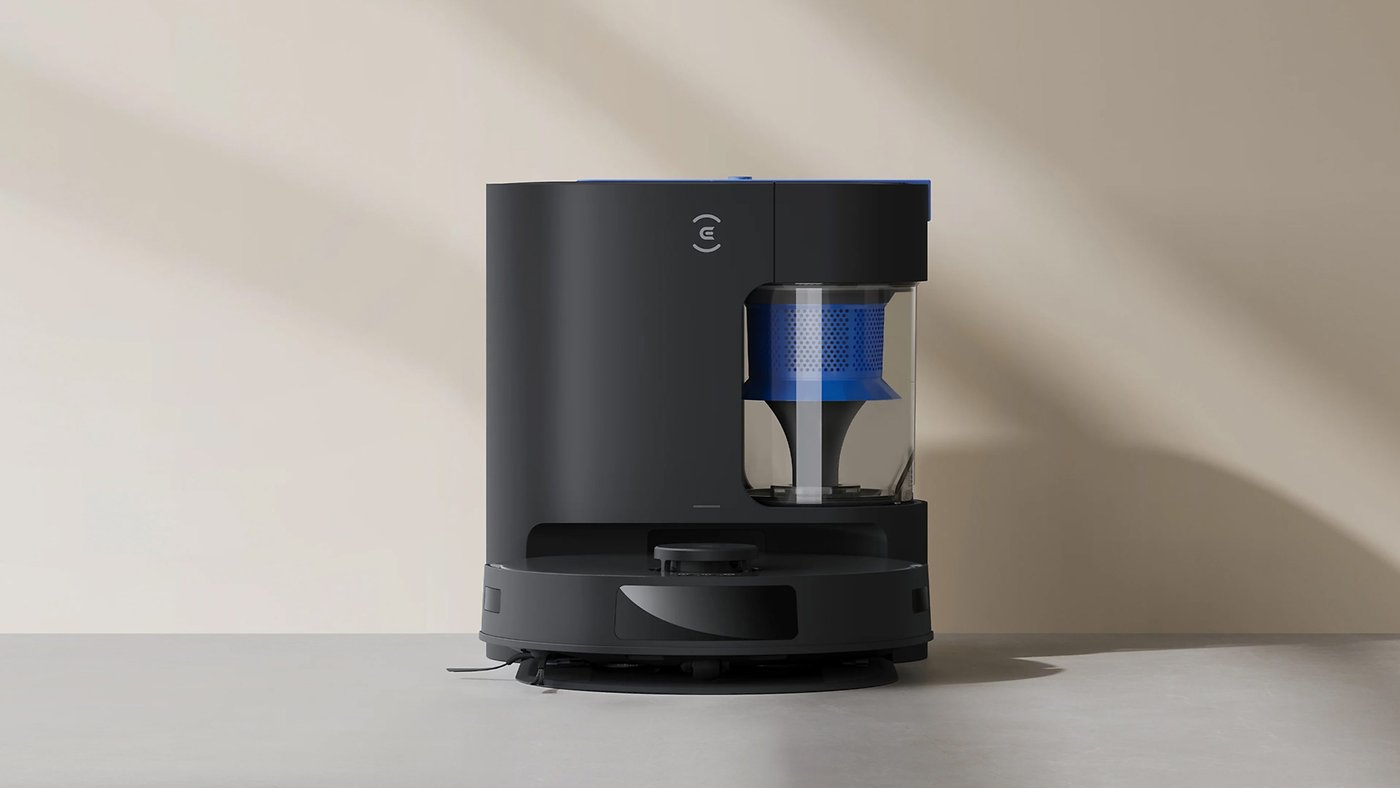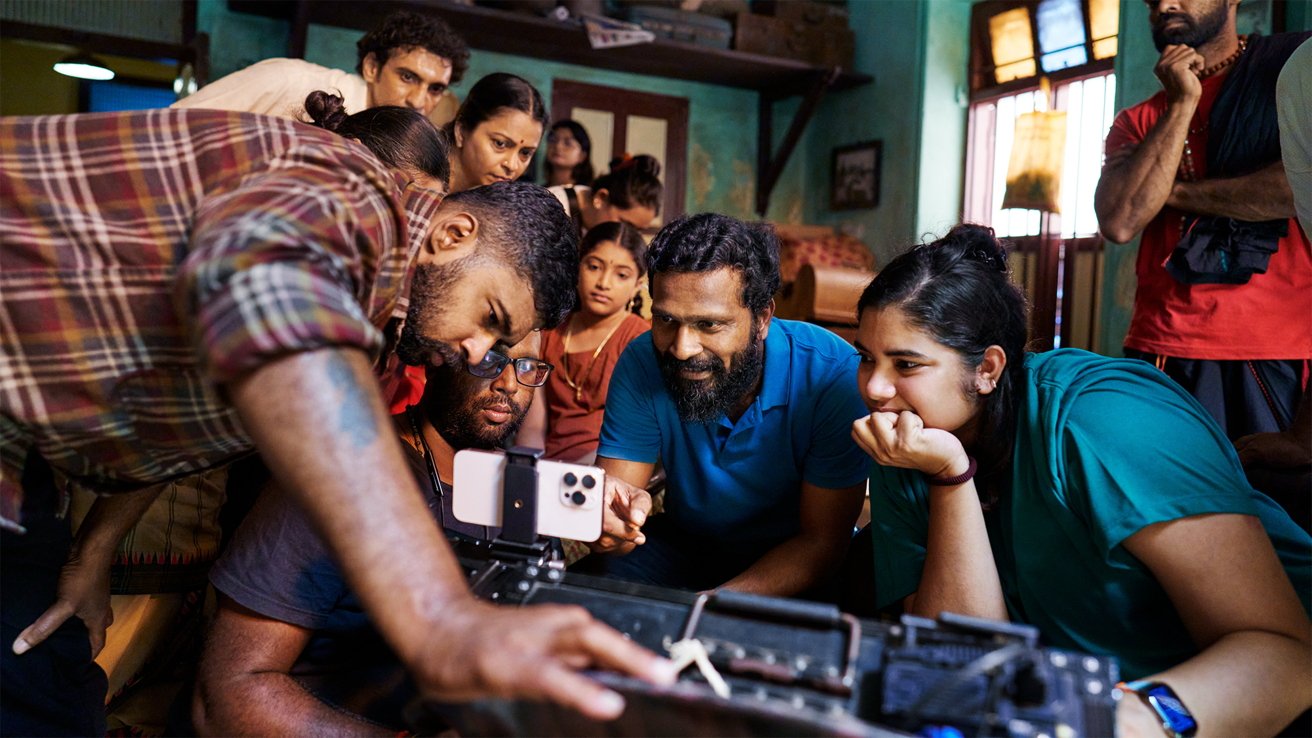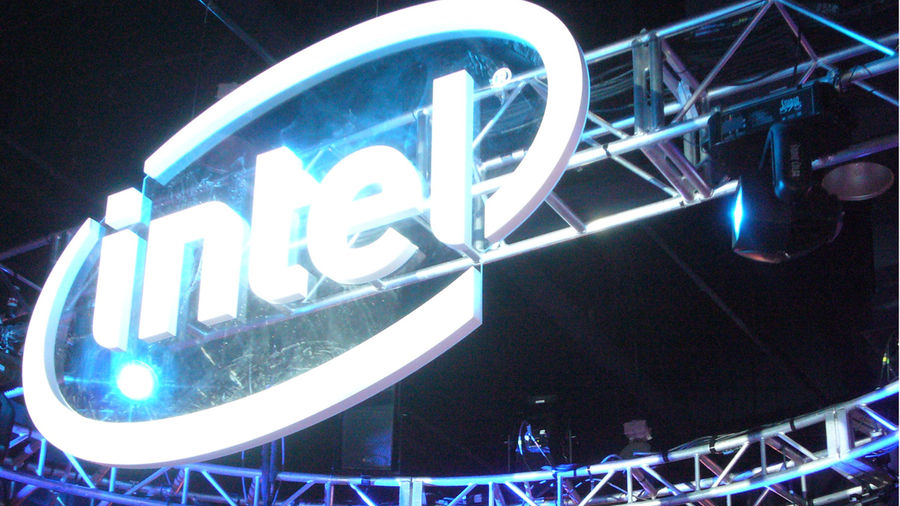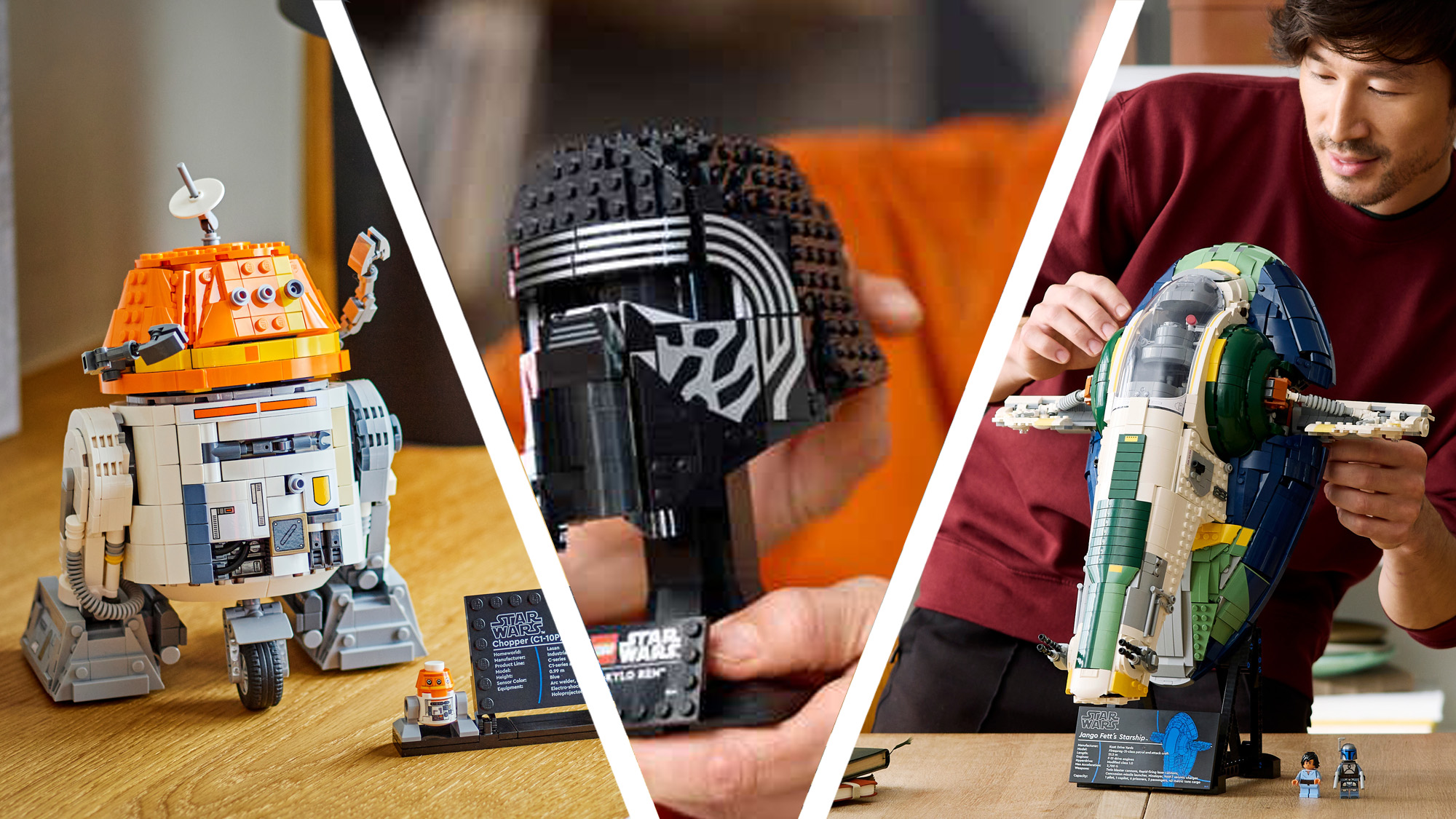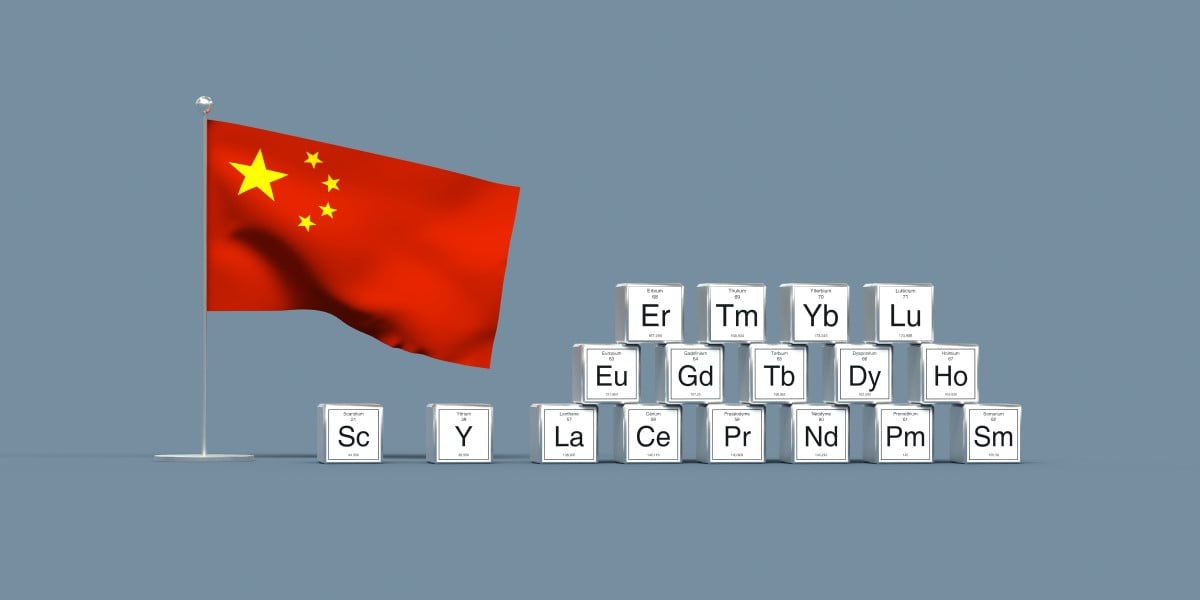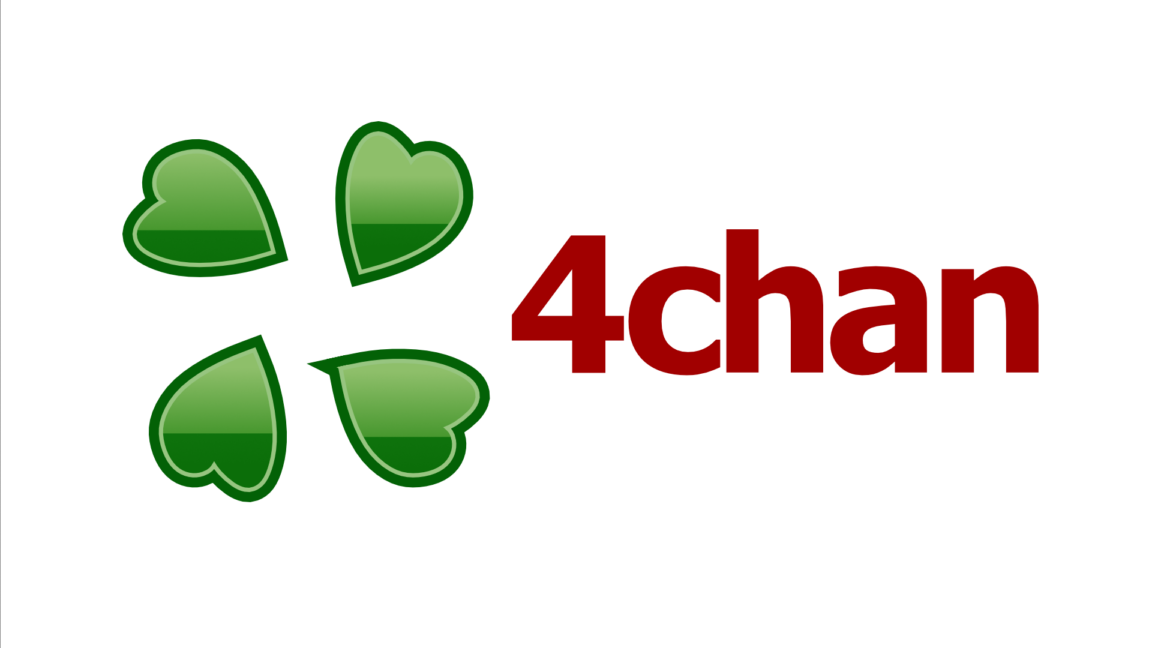Seattle startup Potato lands $4.5M to automate science experiments using AI assistants and robots
With $4.5 million in fresh funding, Seattle-area startup Potato is sprouting big plans to disrupt scientific research with a fully automated experimental process. The 2-year-old company has released a platform that serves as an AI research assistant to help scientists generate hypotheses, create optimized protocols for conducting research, aid in writing papers for publication, and offer critiques of journal articles. The idea now is to go further and develop the technology needed for performing the actual experiments. They’ll start with computational research and move toward robotics capable of laboratory bench work. “Our vision is fully closed-loop, autonomous science,” said Nick… Read More


With $4.5 million in fresh funding, Seattle-area startup Potato is sprouting big plans to disrupt scientific research with a fully automated experimental process.
The 2-year-old company has released a platform that serves as an AI research assistant to help scientists generate hypotheses, create optimized protocols for conducting research, aid in writing papers for publication, and offer critiques of journal articles.
The idea now is to go further and develop the technology needed for performing the actual experiments. They’ll start with computational research and move toward robotics capable of laboratory bench work.
“Our vision is fully closed-loop, autonomous science,” said Nick Edwards, Potato co-founder and CEO.
Edwards said advances in AI will make scientific discovery faster and cheaper.
Potato set out to reduce the drudgery and inefficiencies in research. It’s also striving to make experiments more accurate and reproducible as scientists can’t always replicate their own or others’ work and get the same results.
To create its current technology, Potato uses chat-based, generative AI tools built from large language models that are further refined using retrieval-augmented generation (RAG). RAG allows the team to improve the accuracy of the results by incorporating scientific literature that includes publications from Wiley, an academic publishing powerhouse with which they have a partnership.
Potato is collaborating with the robotics company Ginkgo Automation on the development of automated experiments.
The idea of streamlining research through human-AI collaboration comes at a potentially fortuitous time. Academic and grant-funded research has taken a hit in recent months as the Trump administration seeks to dramatically cut government support for science.
“These are interesting times that we live in,” Edwards said, “and there’s a real need to speed up research to enable the discoveries.”
Edwards has hands-on experience in the field, with a PhD in neuroscience and years of research at the National Institutes of Health and the University of California, San Diego.
Ryan Kosai, co-founder and chief technologist, was a founder and CTO for the fintech startup Attunely, and was CTO for Pioneer Square Labs, a Seattle startup studio. He also worked for ExtraHop, Marchex and Athleon.
Potato has five employees. The startup’s name is a reference to the classic experiment where kids turn a potato into a battery using household items such as pennies, copper wire and galvanized nails.
Potato’s platform is already being used in labs at biotech companies and universities including the University of Washington; Stanford; Harvard; the Massachusetts Institute of Technology, the University of California, San Diego; University of California, Berkeley; the Scripps Research Institute; and others.
The company is initially focusing on life sciences, with plans to expand into material sciences and chemistry.
‘We’re excited that we have some investors that see that big vision — that this is really a trillion-dollar opportunity and an opportunity to accelerate the pace of discovery,” Edwards said.
The seed round was led by Draper Associates, with participants including Dolby Family Ventures, Boost VC, Ensemble VC, Silicon Badia, Alumni Ventures, Defined and The FounderVC. Geoff Entress, managing director and co-founder of Pioneer Square Labs, and Michael Liou, former Goldman Sachs managing director, participated as strategic angel investors.
Potato previously announced a $1 million pre-seed round in October.



